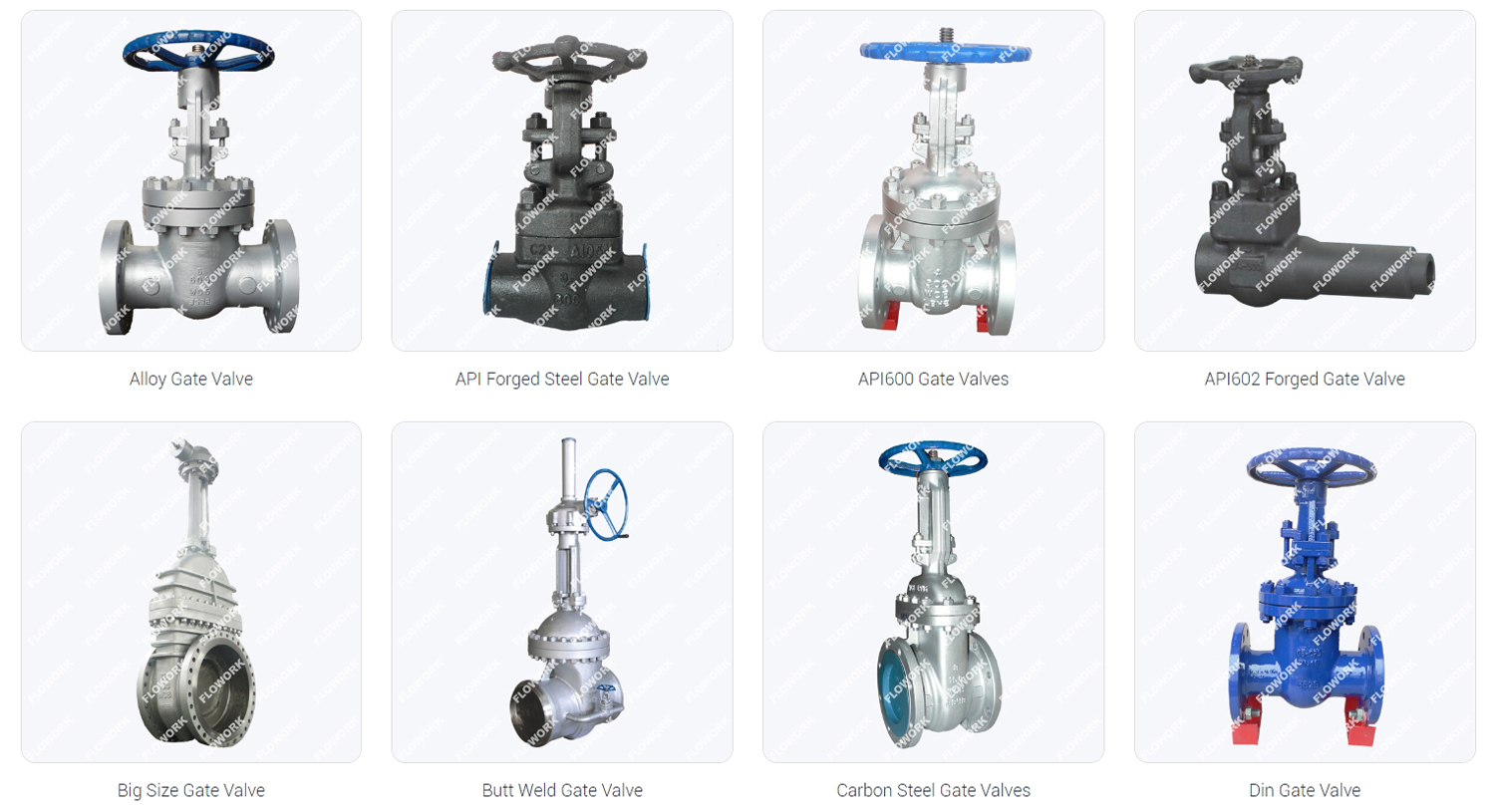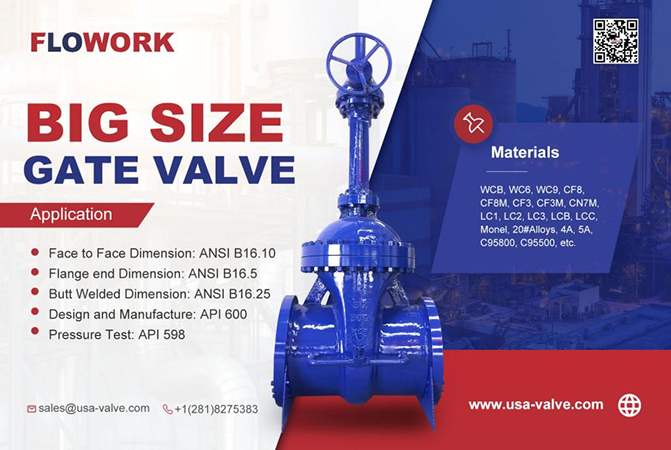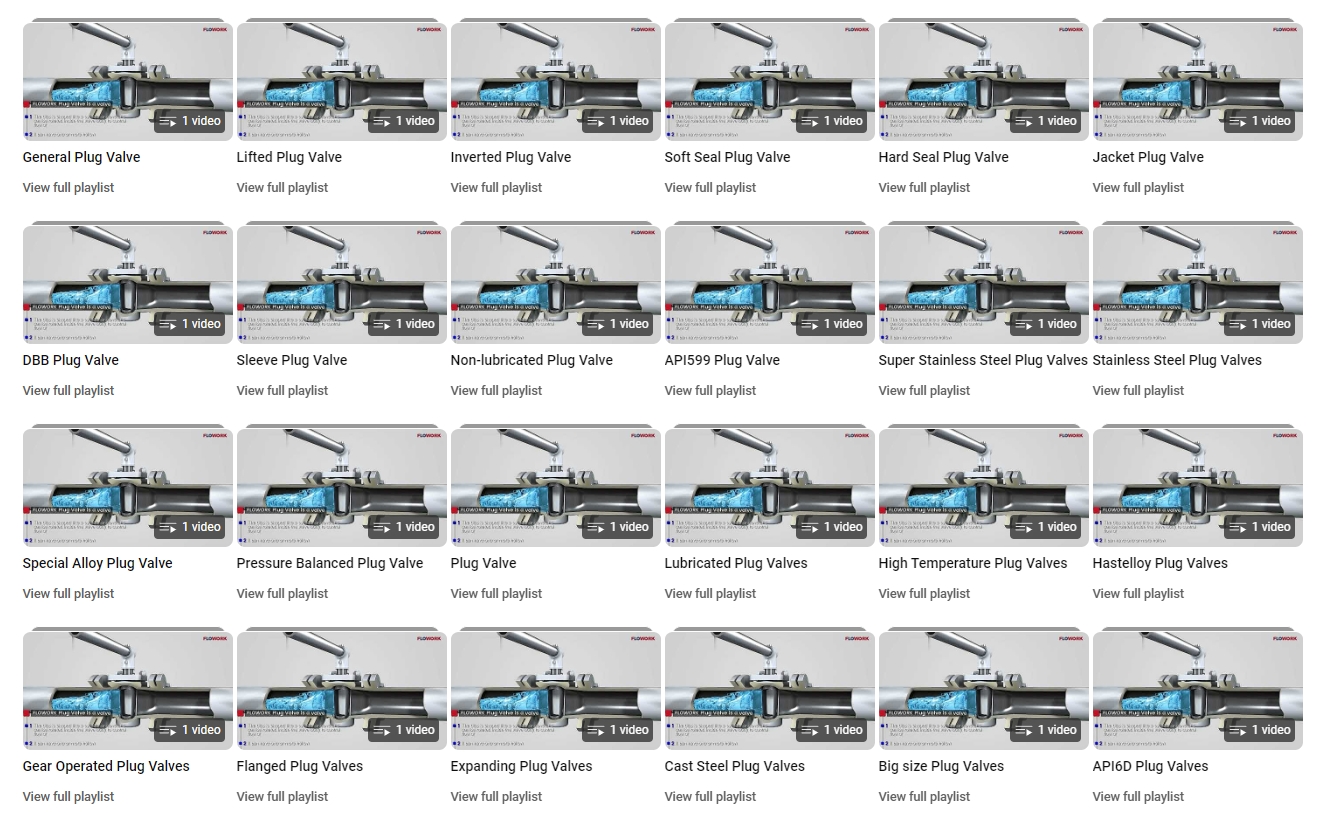What is valve temperature pressure rating?
I would like to talk to you in detail about the concept, importance and application of valve temperature and pressure levels in actual engineering. I will analyze in detail the performance requirements of valves in various working environments, and explain the importance of correct selection of valve temperature and pressure levels to ensure system safety and improve efficiency.
1. Factors for selecting valves
Valves are an integral part of industrial fluid control systems and play a vital role in ensuring the normal operation of the system. When selecting a valve, in addition to considering factors such as valve type, material, size, etc., you also need to pay special attention to the temperature and pressure level of the valve. I will focus on the definition, classification, testing methods and practical application cases of valve temperature and pressure levels to help everyone better understand and apply this key indicator, butterfly valve factory.

2. Definition of valve temperature and pressure levels
The valve temperature and pressure rating refers to the maximum pressure that the valve can withstand at a specific temperature. This indicator is an important basis for measuring valve performance and one of the key indicators for evaluating valve quality. Generally speaking, the higher the temperature and pressure level of the valve, the better the performance and quality of the valve, and it can withstand harsher working environments and higher working pressures. In high-risk industries such as petroleum, chemicals, and natural gas, the selection of valve temperature and pressure levels is particularly important, which is directly related to production safety and economic benefits, wholesale plug valve.
3. Classification of valve temperature and pressure levels
Depending on the valve material, structure and working environment, the valve temperature and pressure levels can be divided into the following categories:
Cast iron valve temperature and pressure grade: mainly suitable for low pressure and low temperature occasions, such as water pipes, heating systems, etc. Its temperature and pressure rating is generally low, but in some special cases it is still necessary to choose high-pressure cast iron valves to cope with higher working pressures.
Temperature and pressure grade of cast steel valves: Cast steel valves have high strength and corrosion resistance, and are suitable for medium-high pressure and medium-high temperature applications. According to the specific working environment and medium characteristics, the temperature and pressure levels of cast steel valves can be adjusted and optimized.
Stainless steel valve temperature and pressure grade: Stainless steel valves have excellent corrosion resistance and high temperature strength, and are suitable for a variety of corrosive media and high temperature and high pressure occasions. Stainless steel valves generally have higher temperature and pressure ratings to meet the needs of most industrial applications, ball valve factory.
Temperature and pressure level of special alloy valves: For some special working environments and medium characteristics, such as ultra-high temperature, ultra-high pressure, strong corrosion, etc., special alloy materials need to be used to manufacture valves. These specialty alloy valves tend to have very high temperature and pressure ratings, allowing them to maintain stable performance under extreme conditions.

4. Testing methods for valve temperature and pressure levels
To ensure that the valve can meet the required temperature and pressure level requirements in actual applications, rigorous testing is required. Commonly used testing methods include the following:
Pressure test: Test the sealing performance and pressure-bearing capacity of the valve by applying a certain pressure on it. This method can simulate actual working conditions and provide an accurate assessment of valve performance.
Temperature cycle test: The valve is placed in different temperature environments for cycle testing to check its performance and stability during temperature changes. This method is mainly used to test the performance of valves under high and low temperature conditions.
Corrosion test: The valve is immersed in corrosive media for long-term testing to evaluate its corrosion resistance. This method is mainly used to test the corrosion resistance of stainless steel and special alloy valves.
Simulation test: Use computer simulation technology to simulate, predict and analyze the performance of the valve. This method can optimize and improve the performance of the valve during the design stage and improve the actual application effect of the valve, wholesale gate valve.
All Of Our Videos By The Link Address: https://www.youtube.com/@floworkinc.5796/playlists
5. Practical application cases of valve temperature and pressure levels
Petrochemical industry: In the petrochemical production process, high temperature and high pressure are common working conditions. Therefore, choosing special alloy valves with high temperature and pressure levels is the key to ensuring production safety and improving efficiency. For example, in the catalytic cracking unit of a refinery, special alloy valves that can withstand high temperatures, high pressures, and corrosive media need to be used to ensure the normal operation of the unit.
Nuclear energy industry: The nuclear energy industry has extremely high requirements on the safety and reliability of valves. When selecting a nuclear-grade valve, its performance in high temperature, high pressure and radiation environments needs to be considered. Therefore, special alloy valves with high temperature and pressure levels have broad application prospects in the nuclear energy industry. For example, in pressurized water reactor nuclear power plants, stainless steel and special alloy valves that can withstand high temperature, high pressure and strong radiation are required to ensure the safe operation of the reactor.
Aerospace field: The aerospace field has extremely high performance requirements for materials, especially in high temperature and high pressure environments. Therefore, special alloy valves with high temperature and pressure levels have broad application prospects in the aerospace field. For example, in rocket engine systems, special alloy valves that can withstand extremely high temperatures and pressures are required to ensure reliable operation of the engine. At the same time, special alloy valves with high temperature and pressure levels are also needed in aircraft hydraulic systems to ensure the safety and stability of the system.
Electric power industry: In the power production process, high temperature and high pressure are one of the common working conditions. Therefore, when selecting valves for thermal power plants and nuclear power plants, special attention needs to be paid to their temperature and pressure levels. Special alloy and stainless steel valves with high temperature and pressure ratings can meet the safety and reliability requirements of the power industry, reduce maintenance costs and improve production efficiency. For example, supercritical thermal power plants require the use of special alloy valves that can withstand extremely high temperatures and pressures to ensure the safe operation of the boiler and improve power generation efficiency.








